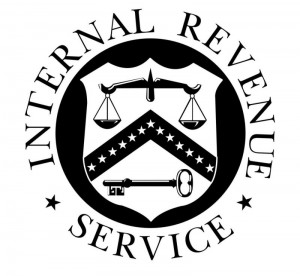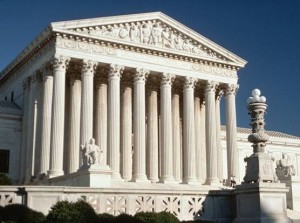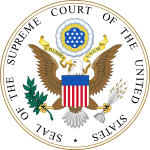On July 14, 2015, the Georgia Department of Revenue (“DOR”) released tax return filing guidance guidance for same-sex couples in response to the U.S. Supreme Court’s decision in Obergefell v. Hodges, 576 U.S. ___ (2015) which required states to license and recognize same-sex marriage. The Georgia DOR now will recognize same-sex marriage in the same way it recognizes marriages of opposite-sex couples. The Georgia DOR will recognize all marriages where the marriage license was issued in Georgia and all marriages lawfully licensed and performed out of state.
The guidance is important for Georgia same-sex couples that were married in a state legally recognizing marriage before 2015. Before the July 14 guidance, those couples were required to file Georgia individual income tax returns as if they were single – despite being required to adopt a federal filing status as married (either jointly or separately). Married same-sex Georgia couples who have not yet filed their 2014 Georgia income tax return may now file under the same rules that apply to legally married opposite-sex couples. If a legally married same-sex couple has already filed their 2014 return, they are permitted to file an amended return under the same rules that applied to legally married opposite-sex couples in 2014.
Georgia same-sex couples that were legally married in another state prior to 2014 are permitted to file amended Georgia income tax returns under the rules that applied for the tax years in question to lawfully married opposite-sex couples. Under O.C.G.A. § 48-2-35(c)(1)(A) a claim for refund be filed within three years of the later of the date of payment of the tax to the Georgia DOR or the due date (including any extensions granted) for filing the original return for that period.
Read the Georgia DOR guidance here.






